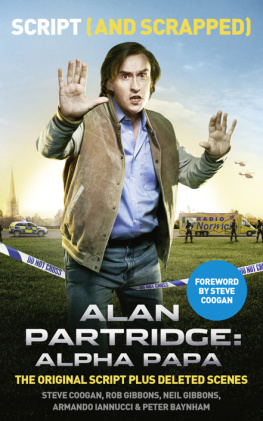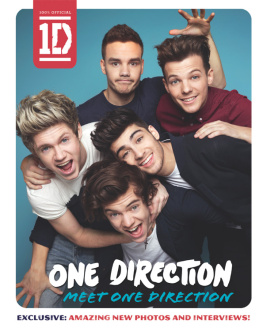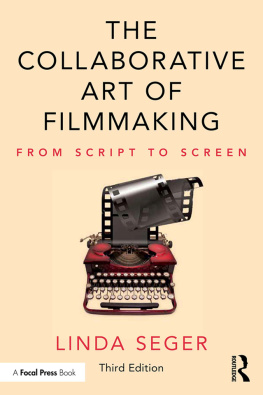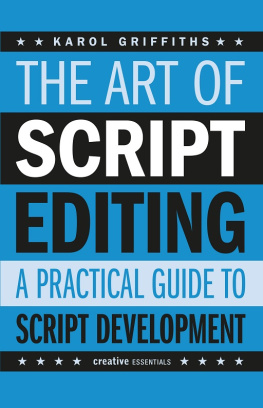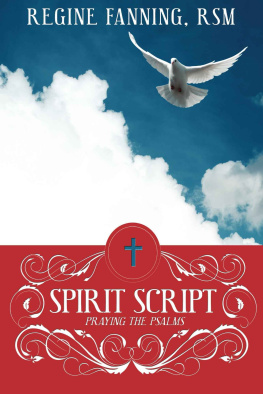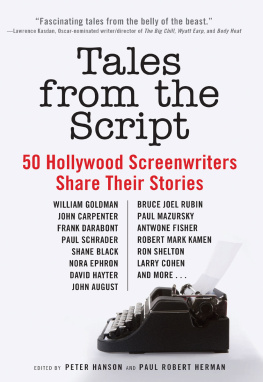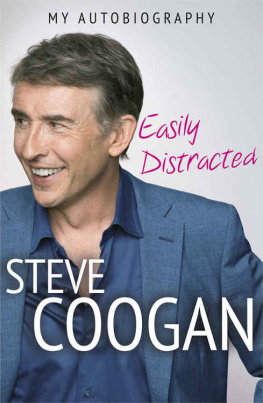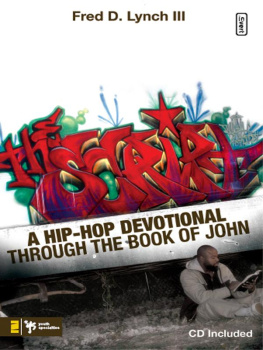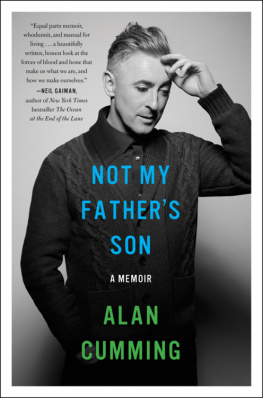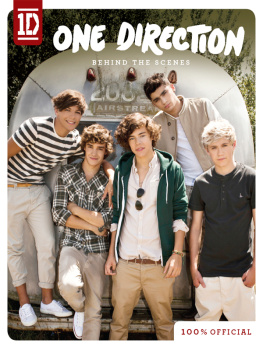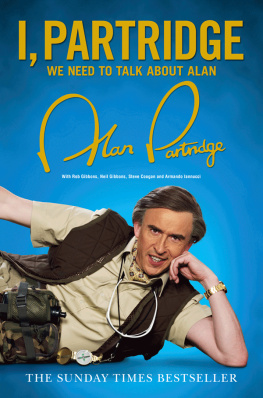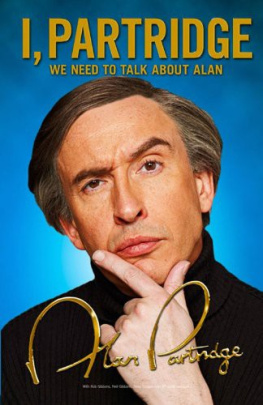From the Paris Studios (not in Paris) to Cromers Hotel de Paris (also not in Paris) Whenever youre ready. Three simple words uttered by a shortish Scottish man behind a glass screen to a slightly taller man from the north of England. No, not a tight-lipped prison officer to a semi-literate tattooed murderer during visiting time, but a wordsmith/radio producer to a keen young actor/comic in a basement studio on Lower Regent Street. Their names unknown, their faces unremarkable, just like the throngs of shoppers, workers and Japanese tourists taking pointless photos above their heads (on Regent Street). The young actor/comic known simply as Steve to his friends and Coogan to others would one day become a household name. The Scottish radio producer was known simply as Arm, an arm that extended fully to become Armando Iannucci.
Again, a name that would become, not a universal household name, but certainly a name known in households where books and broadsheet newspapers are welcome cohabitees. The date was 6 September 1991, Cool Britannia was still only a twinkle in a mad marketing mans eye, but the assembled band of rogues, misfits and brigands, mostly from Oxford University, were ahead of the curve. The walls of the Paris Studios (not in Paris) were adorned with pictures of radio comedy legends Tony Hancock, The Goons, Round the Horn, The Archers but Armandos repertory of strolling players would join the pantheon with ease. The Scotsman leaned forward and pressed the intercom button again. Steve, in your own time The provincially unworldly northern man emptied his mind (no mean feat) and let his body become a kind of subconscious conduit for what was to follow. He cleared his throat and began to speak.
Im Alan Partridge. The rest Fast forward to spring 2013. Its a very different world: fat phones and pagers gather dust in kitchen drawers, video tapes lie forgotten in the cardboard-box graveyard of the attic but one thing survives in this post-9/11 digital apocalypse: Alan Partridge. The names on everyones lips as a nation waits with bated breath for the start of filming. The hushed whispers of anticipation are deafening. School teachers, grocers, armed policemen at Heathrow, DJs, farmers and media-studies students talk frantically about the upcoming film: I cant wait for it, says an unemployed florist; Im going to take my girlfriend, a man out walking his dog says to a jogger.
Online comments are going through the roof: Its going to be shit, says one observer; It used to be funny but thisll be shit, says another; How shit do you think its going to be? adds a third. But the film was to confound those whingeing twats. A quietly audacious triumph, proclaimed the Guardian, and Better than I thought it was going to be, said one of those whingeing twats, begrudgingly. Sorry about the first five paragraphs. I sort of started off ironic then got sidetracked into getting stuff off my chest. So I will just try and get to 1,500 words talking about Alpha Papa, the Alan Partridge movie.
After the second series of Im Alan Partridge (2001) there was a long gap, about 10 years. Armando was tied up with The Thick of It, among other things; Pete Baynham had gone to America to write for Sacha Baron Cohen; and I was busy with my production company Baby Cow, and making occasional forays into Michael Winterbottom films. We had talked about doing an Alan film on and off over the years but there didnt seem to be a huge appetite for it, and the chances of getting all of us together to do it were slim to non-existent. Alan has always been a mixed blessing for me: while it meant I was typecast by the role, it also was still with me, and Id find myself imagining what Alan would say about this or that. Like an old school-friend, I started to wonder what he was up to, what he was doing. All this was academic, though, as without a writing team of the highest calibre to bring him back to life Id be on my tod, which was too depressing a prospect.
Then Rob and Neil Gibbons turned up. I was doing a live tour in 2008 and asked the non-identical twin brothers from Sandbach if they wanted to have a go at writing something for Alan. When I read their material it was a bit of a Holy Grail moment. I was crying, laughing out loud at stuff that was both detailed and authentic. I remember being a bit shocked at the confidence of their comedic voice. It had a similarity to Arm and Petes and my style, which of course it was derived from, but it was more rounded and humane.
They made the Daily Mail-reading little-Englander a bit more likeable! Armando agreed, and their involvement gave new impetus to the character, which was properly realised in Mid Morning Matters, the online 10-minute webisodes that allowed us to isolate Alan and get even further inside his head. These were both a way of not repeating ourselves with a TV series and of experimenting with the character in a low-profile environment. Incredibly satisfying, subtle and myopic, they were crowned by the autobiography I, Partridge: We Need to Talk About Alan, mostly written by Neil and Rob, with a bit of help from Arm and me. The book was an extremely funny delusional character study, with a big dollop of pathos. It, along with a couple of Sky specials, showed that there was life in the old dog yet so we decided to get on with the film. This was a difficult thing to write and a nightmare to shoot.
The Gibbons worked hard but Arm and I were grappling with other projects Arm on Veep, his HBO series, while I was co-writing the screenplay for Philomena so Rob and Neil ended up doing the heavy lifting. The problem we were all trying to solve, though, was how to translate Partridge to the big screen in a way that was cinematic with a kind of appropriate magnitude without losing the myopic quality thats part of Alans DNA. Early ideas, such as al-Qaeda at BBC Television Centre, were deemed too outlandish, while others felt too prosaic, like an overlong TV episode. So we settled on something sort of big but very provincial. The 1975 Sidney Lumet film Dog Day Afternoon was a point of reference for us something amateur but extraordinary so we dont go to America, Alan doesnt go on holiday, we stay at Alans radio station in Norwich and a disgruntled ex-DJ (Pat Farrell) takes everyone hostage. We liked the notion of Alan and Pat being yesterdays men, dwarfed by the uncaring media leviathan, but with humanity somehow winning through.
Yeah, alright, its not Franz Kafka; but then The Trial isnt hilarious. We started shooting in February 2013 and the first week was, not to put too fine a point on it, a fucking nightmare. I had just finished my serious film so hadnt given this one the attention it needed, Arm was being funny 3,000 miles away, and our leading actor had just pulled out cos he thought the script was well, not very good. As the clock ticked away towards Day One of shooting, and Rob, Neil and I wrestled with the script, the atmosphere became more and more bleak. Declan Lowney, of Father Ted and Little Britain fame, had agreed to direct but looked like someone who had won a first-class ticket aboard the Titanic. If our producer Kevin Loader had brought a revolver along his only dilemma would have been whether to shoot himself or everyone else, which wouldve been an act of mercy.
And if you think my tired Titanic simile and gun hyperbole arent funny, try rewriting a comedy script in that atmosphere. Anything seemed funnier: Das Boot, or even Adam Sandler. Wed shoot for eight or nine hours, then spend a further three or four rewriting the following days stuff. Some days, with the crew standing round in silence, Declan would look at me with a thousand-yard stare and say, Steve, we need

